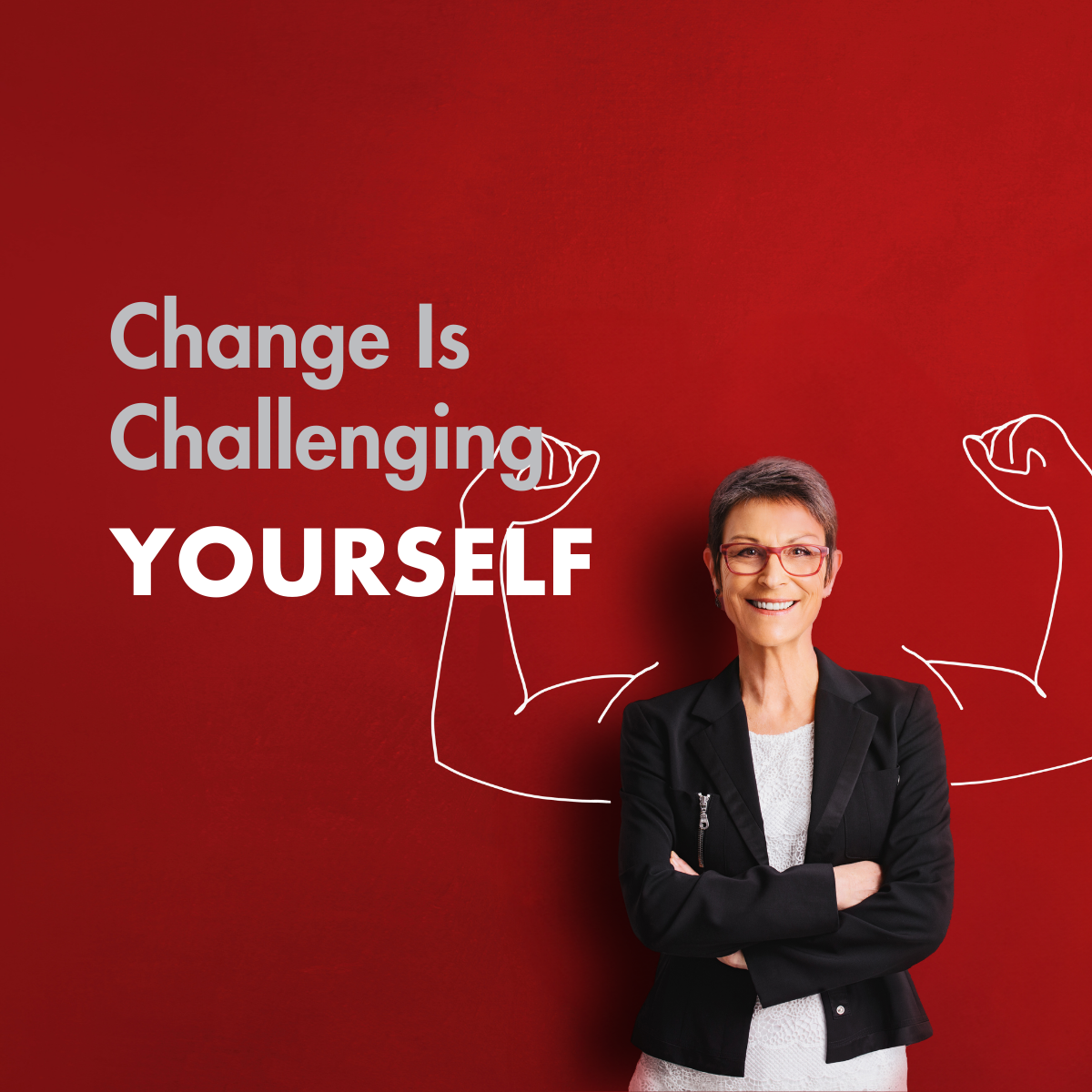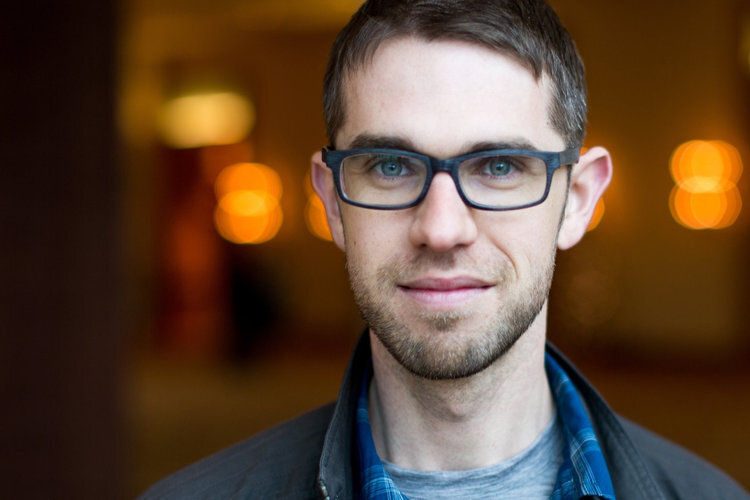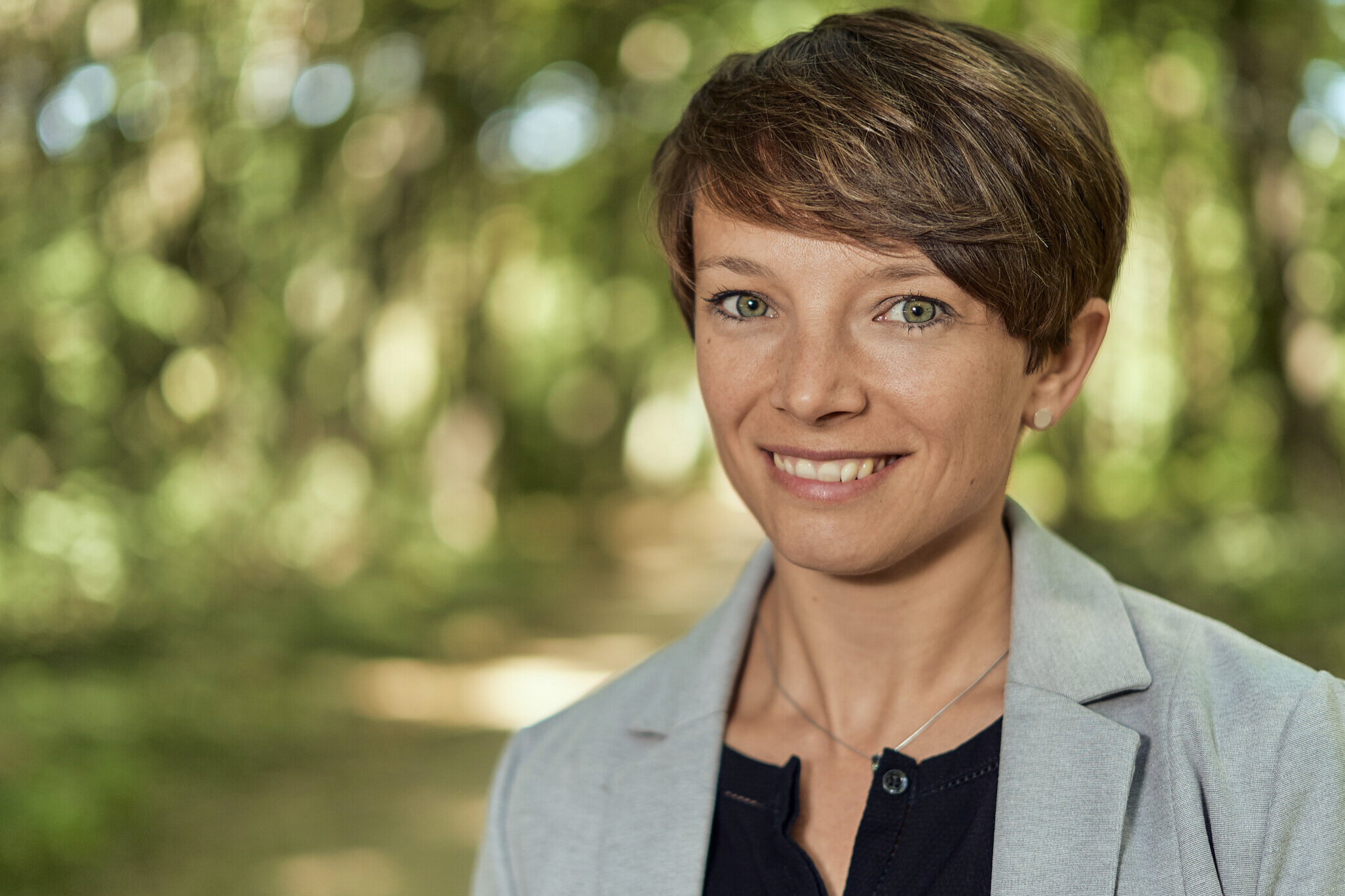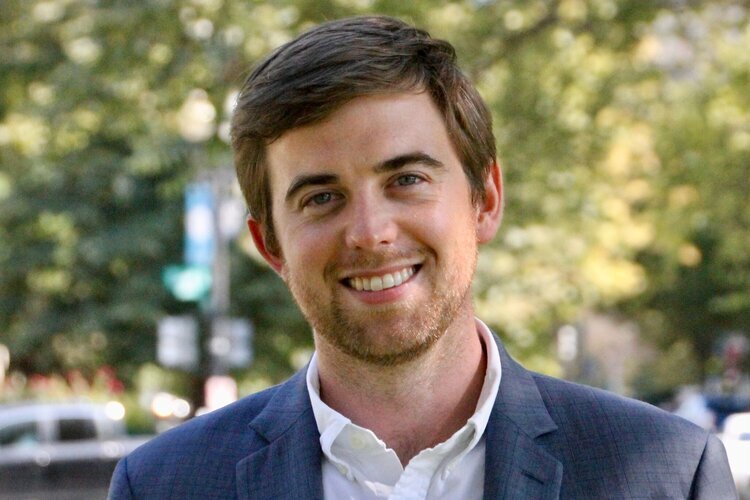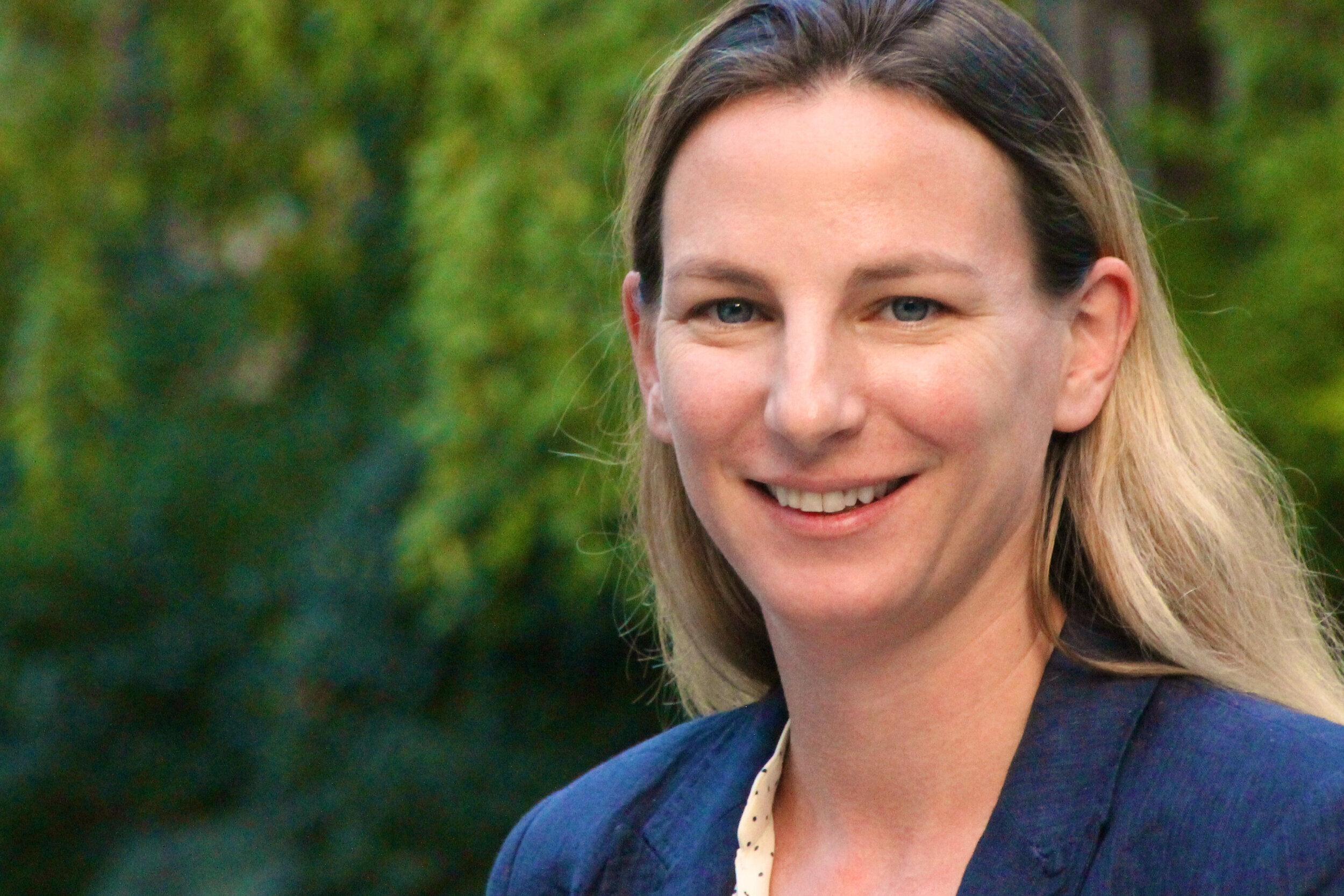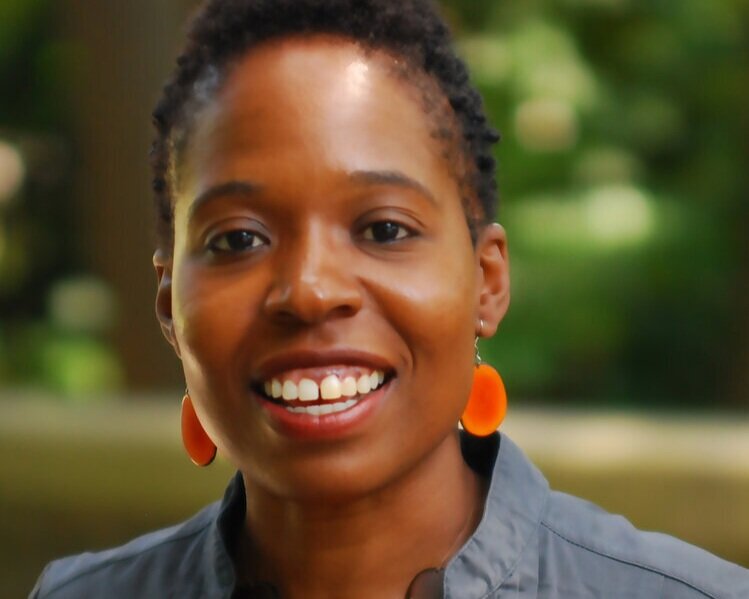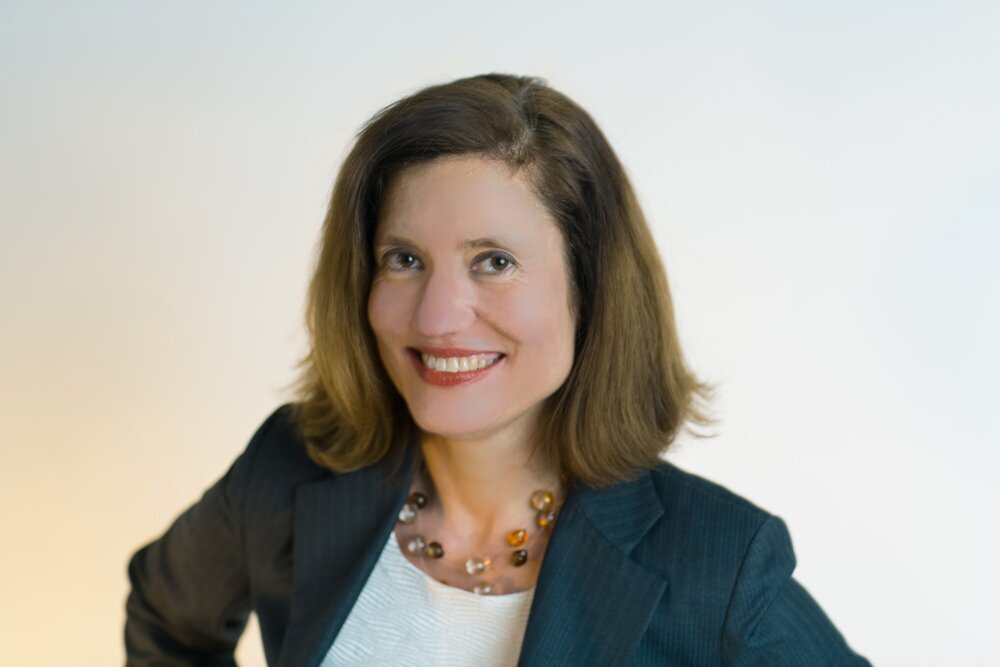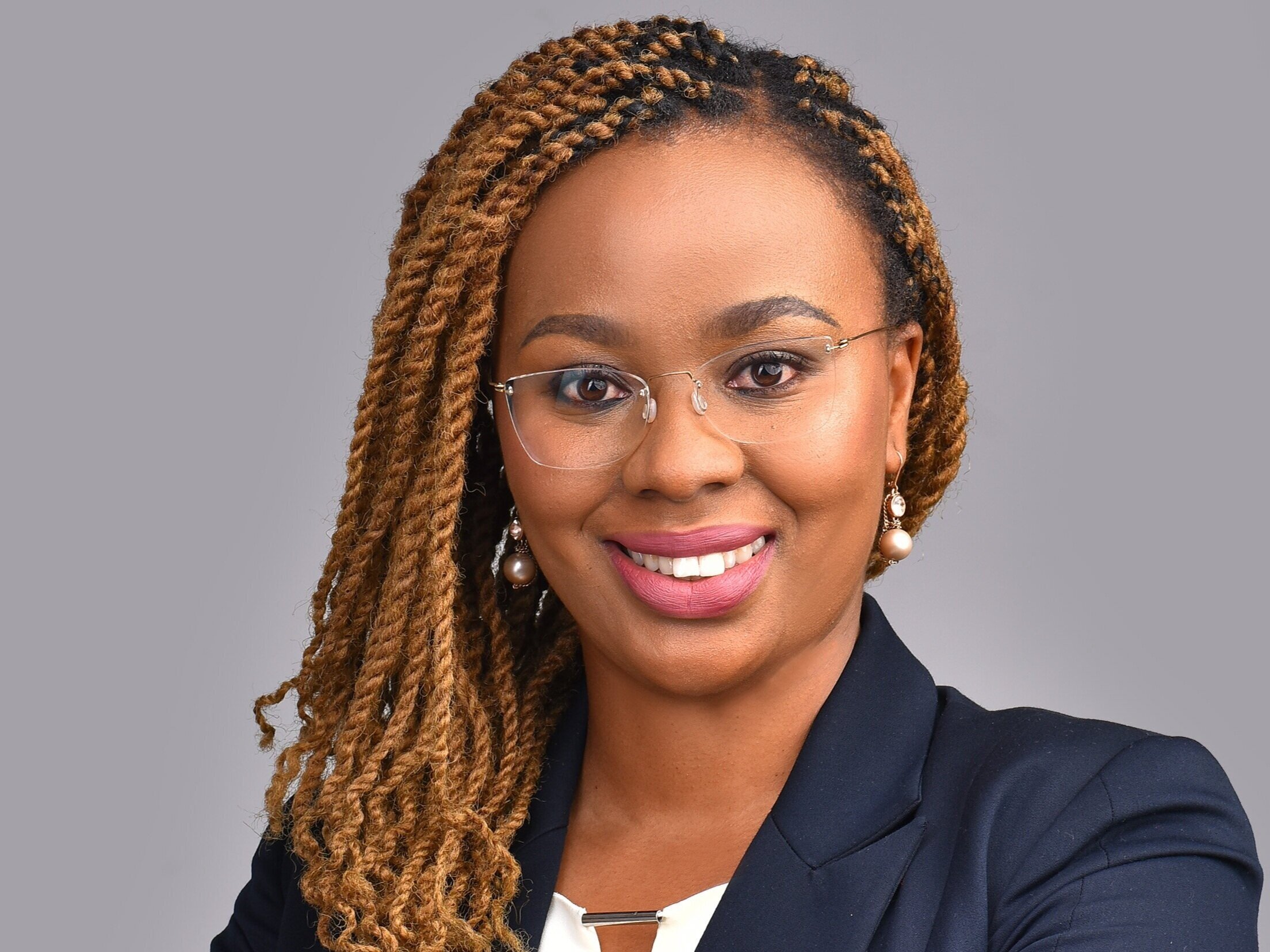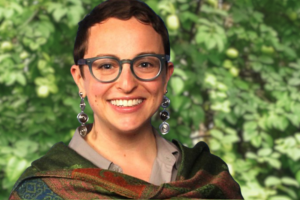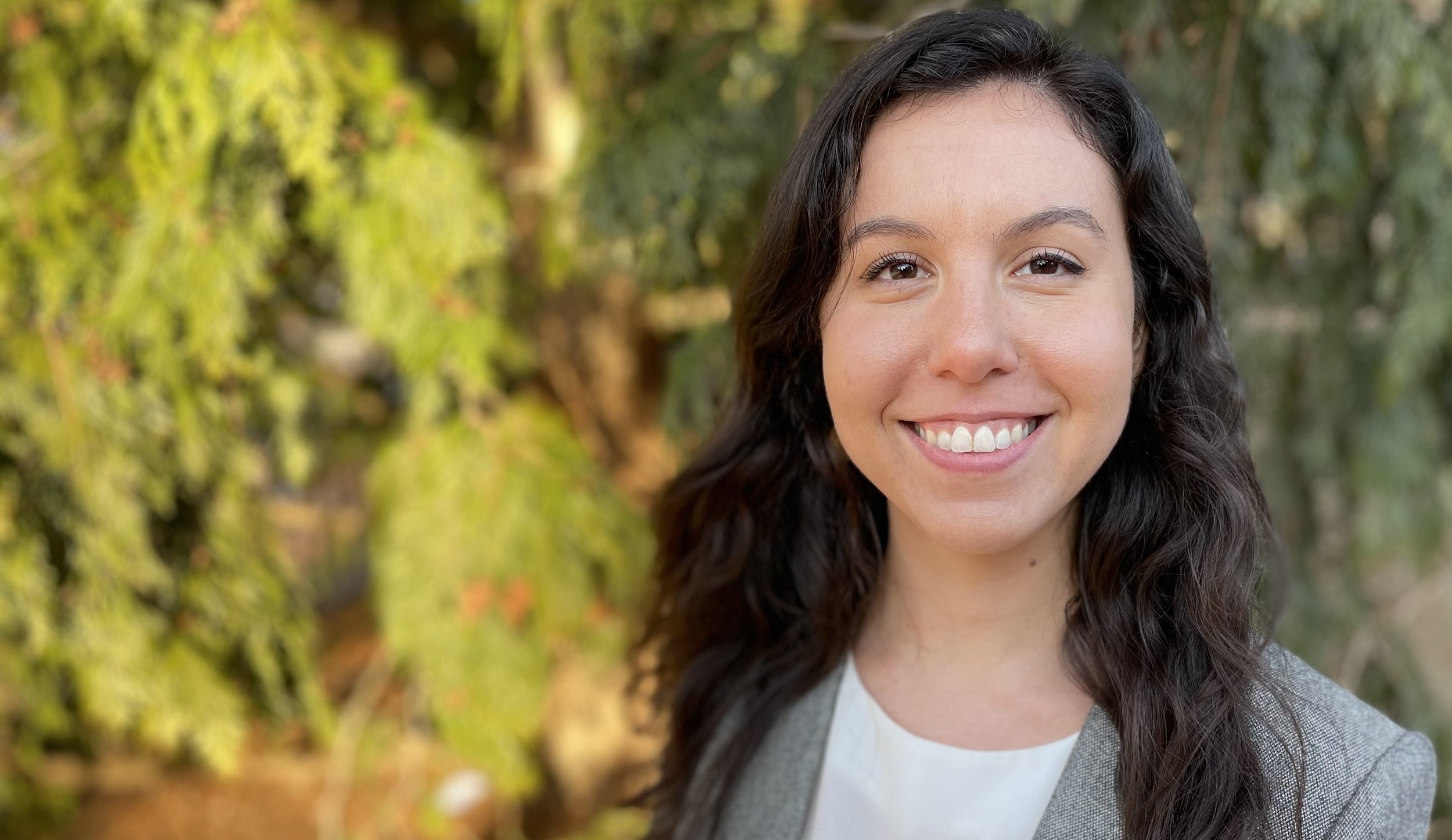Leadership Coaching for PURPOSE-Driven Executives.
We believe that true leadership is not necessarily about being the most visible, or the most charismatic, or the most outspoken. True leadership means empowering communities to move towards a shared version, to place the common good front and center, to do the difficult work together.
From the smallest communities to the global stage, leadership challenges and opportunities of this nature abound:
Individuals navigating personal and professional transitions without getting burnt out
Organizations and their managers adapting to the systemic challenge of cultivating a truly diverse, equitable, accessible, and inclusive culture
Non-profits facing intense fundraising pressure while also trying to navigate an increasingly polarized political and philanthropic landscape
Top scientists engaging in cutting-edge research that takes years of patient, labor-intensive work, forced to run their labs like small businesses to keep afloat
Corporations reckoning with the cultural, social, and environmental impacts of their work while trying to stay competitive
Our coaching services.
EXECUTIVE LEADERSHIP COACHING
In our 1:1 coaching sessions, we provide you with space and time to reflect on your work and role so you can achieve lasting personal growth. We help you to craft ambitious development goals that help you be more effective in your work, without losing sight of your wellbeing. Through coaching, you’ll identify your strengths and resources as well as your blind spots and limiting beliefs—helping you generate new insights and action options.
We work with a wide range of coaching clients, focusing on individuals exercising leadership in complex environments, persons taking on new roles, (social) entrepreneurs, and individuals who want to improve their effectiveness and impact in the workplace.
360 DEGREE DIAGNOSTICS
We use the Leadership Circle Profile to gauge where your people stand so you can support them in their development. The Leadership Circle Profile is the most effective 360 degree diagnostic instrument for adult development. It offers a differentiated inventory of strengths and subconscious, reactive tendencies. With this knowledge, you’ll have a great starting point so you can better plan how to develop the strengths and competencies required for effective leadership in your organization. Learn more about the Leadership Circle Profile.
“Don’t ask yourself what the world needs. Ask yourself what makes you come alive, and go do that, because what the world needs is people who have come alive.”
What is Coaching?
We see coaching as a creative partnership with each individual client. Simply put, you bring a challenge or dilemma related to your own development, and we help you make genuine progress. It starts with the assumption that all of us have responsibility for our problems, and that each of us also has the resources for solving those problems. Leveraging a wide range of tools, frameworks, and competencies, our coaching team helps our clients to clarify the challenge, define the stakes, and develop a vision for success or progress. Once those definitions are in place, we embark on a journey together to tackle this challenge.
During this process, coach and client meet regularly, either in-person or virtually, every few weeks. Each session, the client brings the most recent manifestation of the overall development goal or challenge to these meetings, and the KONU coach will help the client explore underlying issues, identify potential internal and external barriers, and clarify potential options for future action.
What Coaching Isn’t
Coaching is different from consulting in that KONU does not typically make any particular recommendations about “what you should do.” It is the client (not the coach) who develops insights and action plans.
Coaching is also different from teaching in that is does not follow a learning agenda designed by the teacher. It is truly client-led. If the client wants or needs to take a different direction than the coach, it is the coach’s job to honor that and adapt accordingly. There is no lesson plan, and there are no right or wrong answers.
Coaching is different from facilitation in that the coach is less visible than a facilitator. They don’t own the process. It is co-created between both coach and client, and it is up to the client to take action.
Finally, coaching is different from therapy in that it does not treat any illnesses or disorders. It is future-oriented and developmental. Coaching is a powerful and truly transformative experience.

